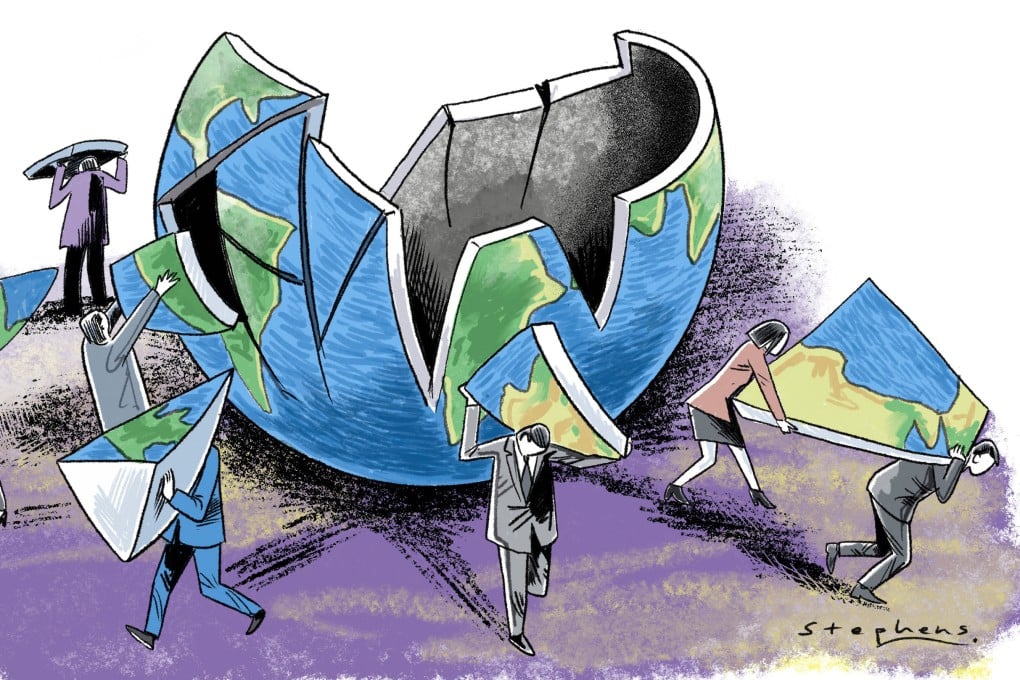Opinion | Rising tide of ethno-religious nationalism threatens civilisation
- From the US grilling of TikTok’s CEO over his nationality to Israel’s intractability over the Gaza war, ethno-religious nationalism threatens to split our world into antagonistic civilisation enclaves

The complexities brought about by human migration and cultural diversity have given rise to ethno-religious nationalism worldwide. However, in an era where the well-being of the global community is intricately intertwined, turning inward is not a sustainable solution. Instead, building bridges between civilisations is key to safeguarding the fate of humankind.
Malaysia’s unique multicultural landscape is a by-product of British colonial rule, during which labourers from China and India were recruited to work in mines and plantations. Following independence, Malaysia inherited a land of diverse races and creeds.
Neighbouring Singapore also grapples with its diverse ethnic groups. The city state aims to maintain social cohesion among its multi-religious population by ensuring the public sphere remains free from undue influence from any specific religion.
